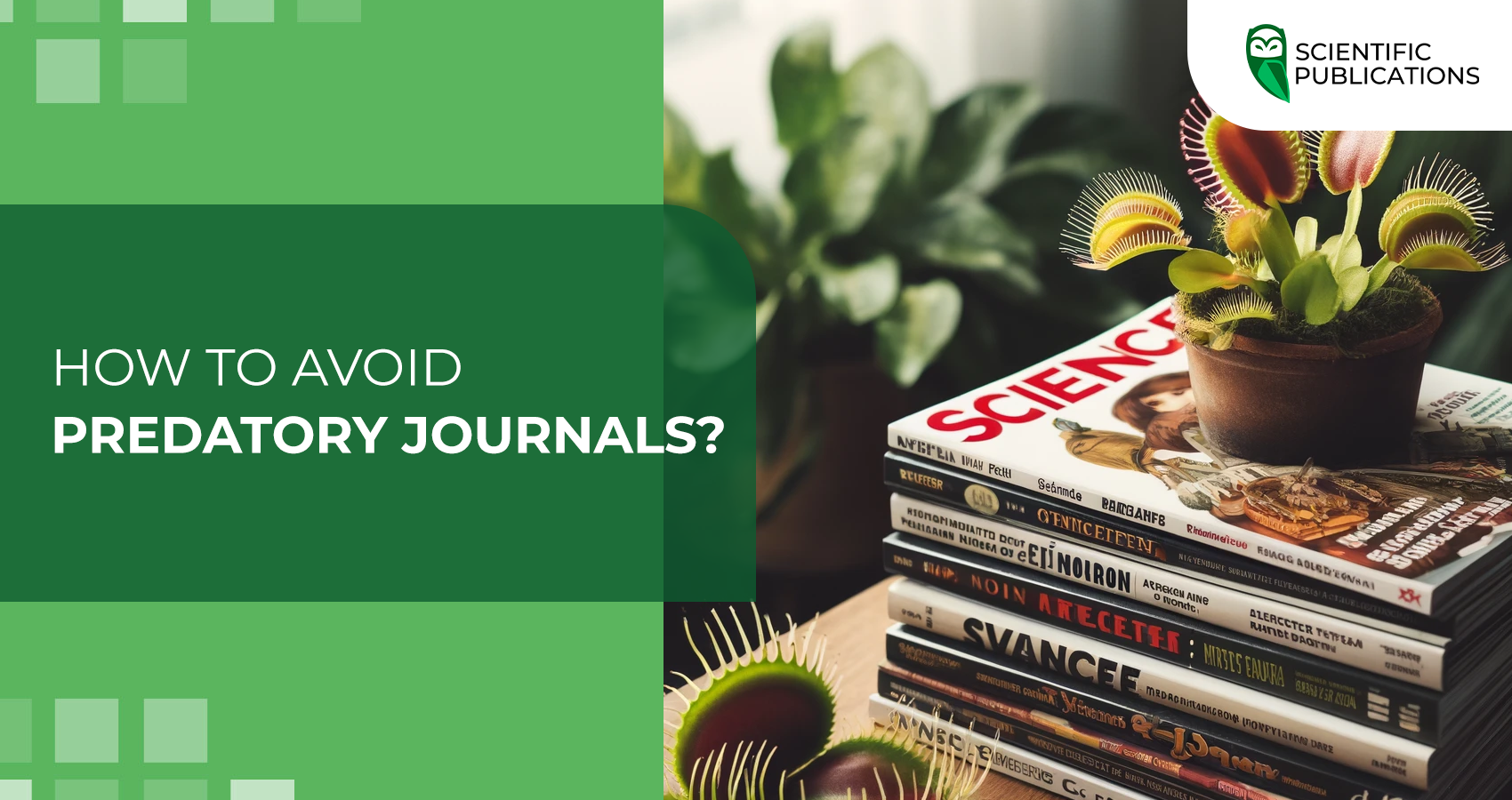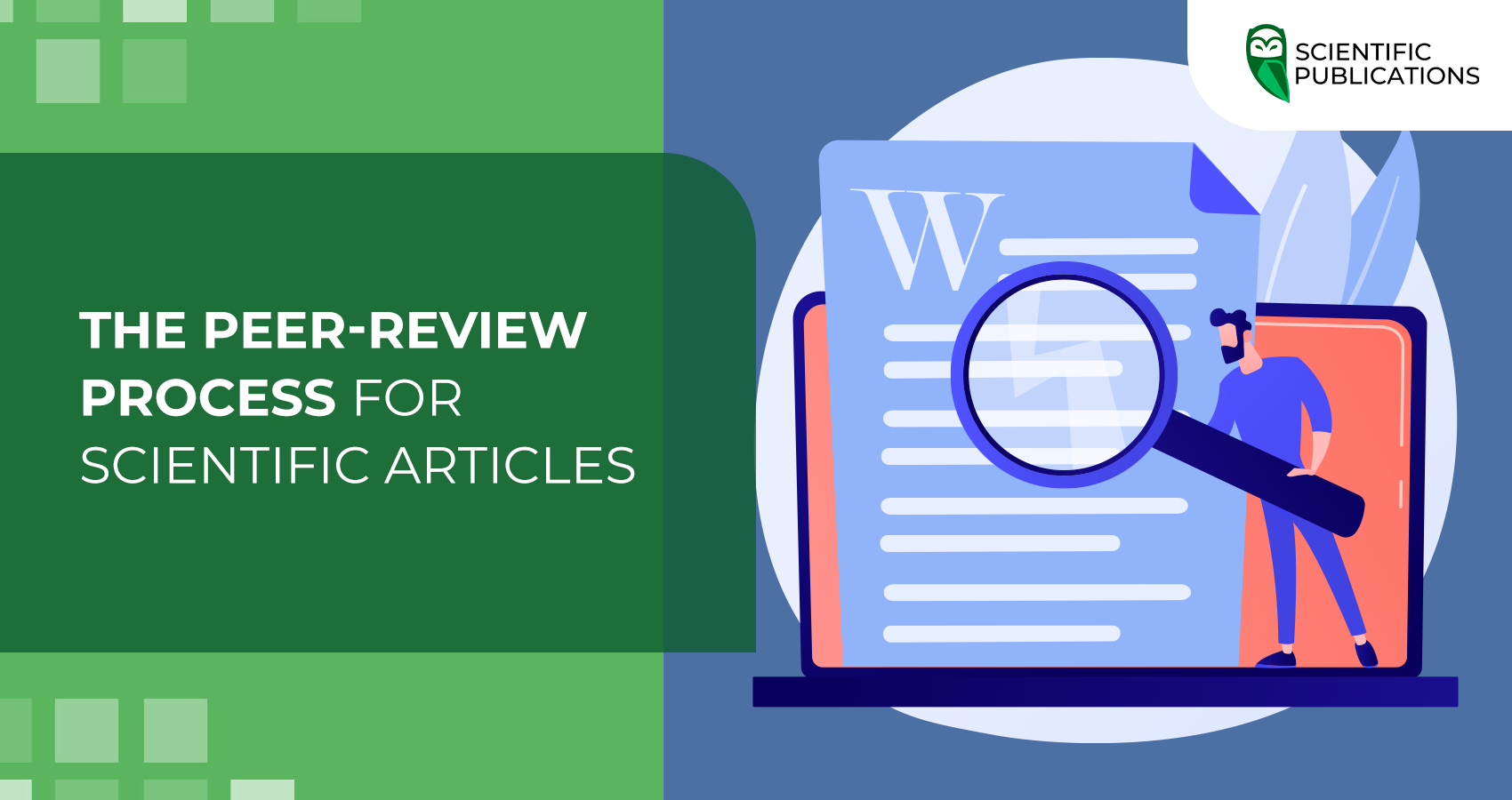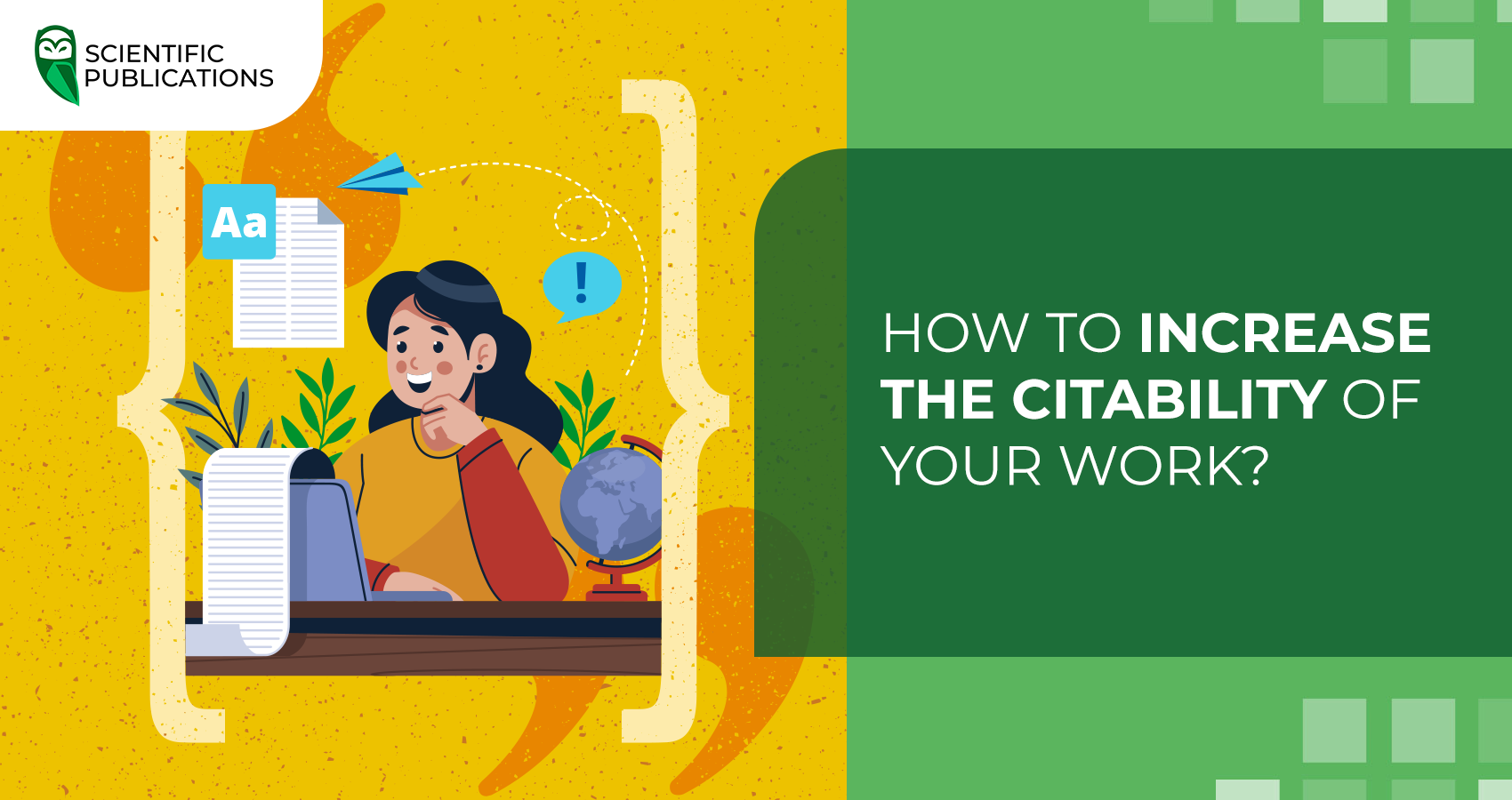Writing a research paper is a meticulous and important moment in a researcher's scientific activity. Every researcher wants to publish their work in a reputable journal. But how do you avoid getting caught by a predatory journal?

Before or during research and writing a research paper, the author thinks about which journal to choose for publication. The choice of a journal should be approached very carefully and responsibly, because many journals are predators that should be avoided. Today we will talk about how to recognise them.
What is a predatory journal?
Predatory journals are those whose main purpose is commercial, i.e., to gain financial gain. They may not conduct peer review, or they may conduct it at a superficial level, without adhering to the policy and ethics of publishing. The existence and operation of such journals harms not only scientists but also science in general.
The harm to authors is that authors spend their resources, both time and money, to publish in such journals. Publication in such a journal will not lead to the desired result for the author, because they are not authoritative. This affects the status of scientists and scholars Such journals are not included in well-known databases, and in case of suspicion and further checks, they are excluded.
Such journals harm science by publishing unverified and low-quality articles, because they are not properly checked. Other scientists will use them when looking for sources for information and citations, but will do their own research of lower quality. The publication of such low-quality papers brings the credibility of scientific research to an ever lower point.
How to recognise a predatory journal?
Although it can be difficult to recognise a predatory journal, there are signs that can be used to spot them. Among them are the following:
- The cost of publication is low;
- Lack of peer review;
- Manuscript review is very fast;
- High rate of self-citation;
- The journal is too diverse - there are too many disciplines and areas from which articles are accepted;
- Not enough information on the journal's website;
- Too many or too few publications in one issue.
Before submitting material to the editorial board, authors should analyse the journal in detail, all available information, content, and review the editorial policy. It will also be useful to talk to colleagues and get their opinion.
What are the types of predatory magazines?
Predatory magazines can be divided into three groups:
- False - such journals were created with only one purpose - to raise funds. Such journals do not even always publish the articles they have received and paid for.
- Stolen - these journals copy journals that are indexed and published in, for example, Scopus. Since a large number of journals are published in prestigious and reputable journals, it is easy to copy and fake the website of the original publication. Unfortunately, a large number of authors end up in such journals.
- Pseudo-authoritative journals - may be journals that were once indexed in well-known international databases, such as Scopus. But for some reason, these journals have been excluded from the databases, and the authors are not informed of this.
How to avoid predatory journals?
Carefully check the information about the journal - ISSN, the accuracy of the title in English, publications (number and total list), frequency of publication, etc. Pay special attention to the journal's website - how it is designed, what is its publication activity. Too little information about the journal may be a sign of a predatory journal, so you should read the journal description, contact details, history of the journal, editorial board, etc. The author can always contact the editorial office if they have any questions or suspicions.
Regularly review the list of journals in reputable databases, as they regularly check and exclude journals, some of which have become predatory. Pay attention to the availability of reviews, abstracts and keywords in the public domain.
You should not trust journals whose website says "fast publication", "instant publication", etc. Predatory journals are not looking for long-term cooperation, and sometimes none at all, because their main goal is to make a profit. It is also worth remembering that quality work cannot be cheap.
You should carefully study the information about the journal in which you want to publish your article. Sometimes even the most perfect picture does not mean the integrity of the publication. Scientific Publications guarantees you a publication in a prestigious and reputable journal that is indexed in international scientometric databases.





